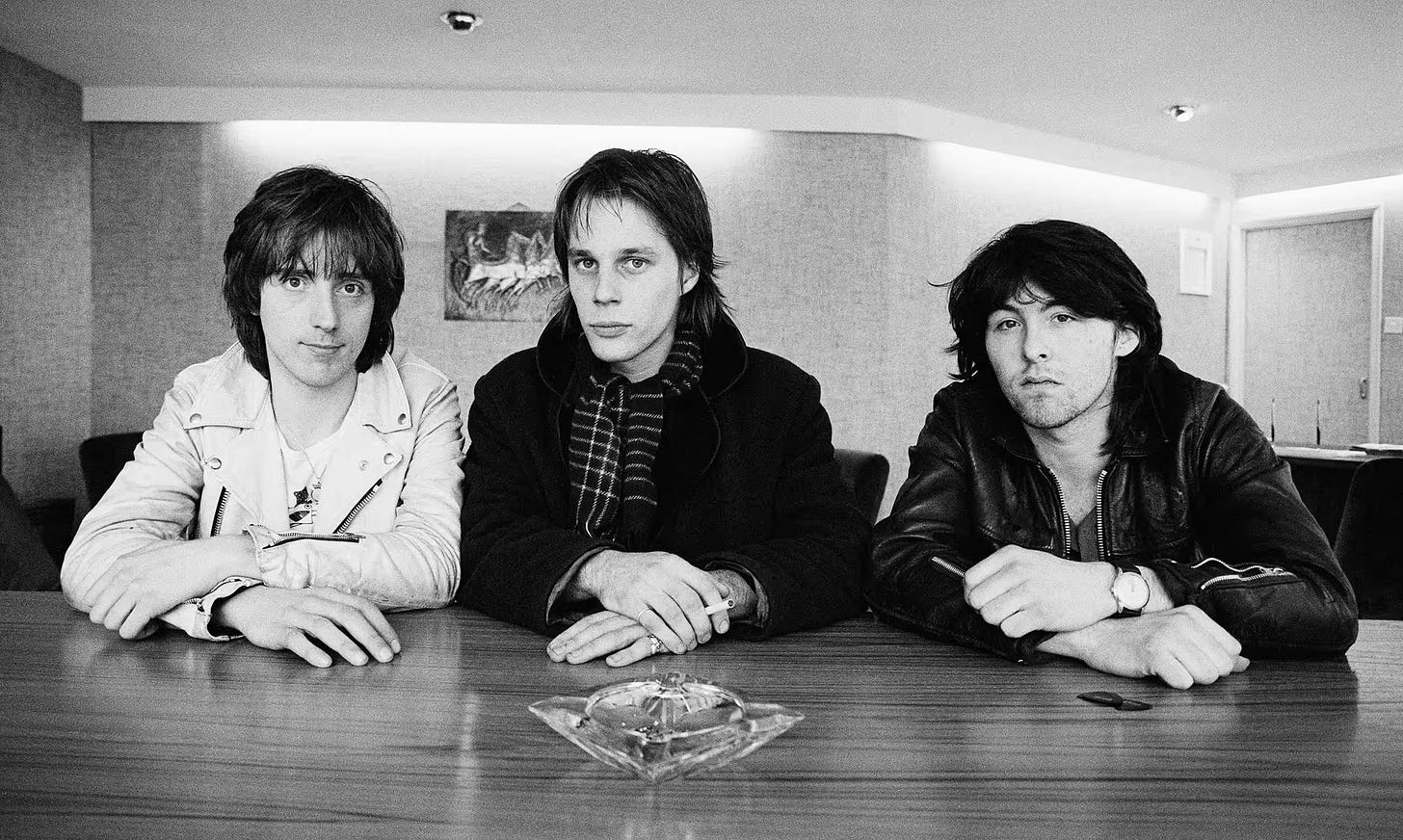Empire of None
In 1984, the D.C. punk scene was on life support. Then a record by an unknown British band arrived, altering the course of the American underground forever.
A version of this article first appeared in The Guardian, November 22, 2023
If, like me, you a) lived for music and b) came of age in the ‘80s, you might remember a certain ritual. Late at night—possibly aided by inebriants of some sort—you and your friends would gather around a turntable and take turns spinning records.
These liste…
Keep reading with a 7-day free trial
Subscribe to Dispatches From the Fringe to keep reading this post and get 7 days of free access to the full post archives.



